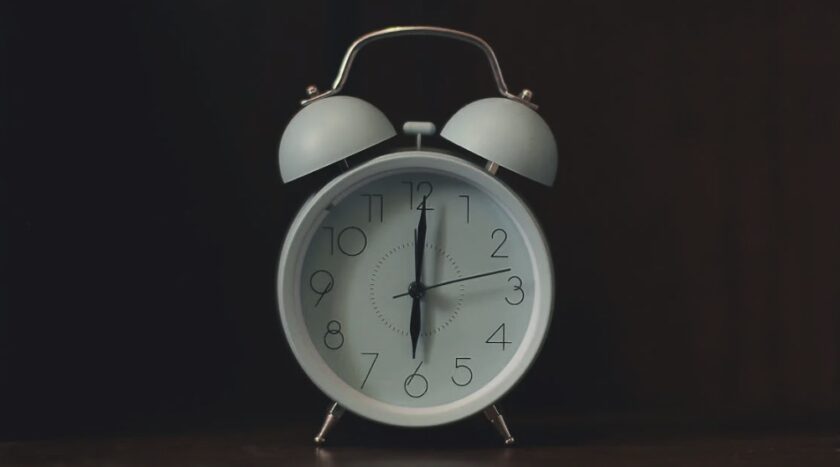Clock Change: Extra hour of sleep? New research says don’t count on It

Clocks will go back one hour at 2 a.m. on Sunday, and many look forward to an extra hour in bed.
However, new research from the University of Bristol reveals that few people actually gain a full extra hour of sleep, and some experience disruptions lasting into the week, particularly women and older adults.
Daylight saving time, which involves moving the clocks forward in spring and back in autumn, was initially introduced during World War I to cut energy costs. It is still practised in around 70 countries and affects roughly a quarter of the world’s population.
While it’s commonly thought that spring’s transition causes sleep loss and autumn allows for extra rest, findings from this latest study using UK Biobank data suggest the reality is more complex.
Led by researchers at the University of Bristol and published in the Journal of Sleep Research, the study analysed sleep data from 11,800 people who wore activity monitors during the clock changes from 2013 to 2015.
The study found that, while people did gain around 30 extra minutes of sleep during the autumn clock change, this fell short of the expected hour. In spring, participants experienced the predicted hour of lost sleep.
Surprisingly, people generally compensated for these shifts by catching up on sleep during the following weekdays, gaining an average of seven minutes per weeknight in spring and three minutes in autumn.
Differences by gender and age were significant, with men tending to recover lost sleep more easily than women, who often experienced insomnia or fragmented sleep in the days following the clock change.
“We found that women often struggle more with sleep after clock changes,” the researchers explained, highlighting that insomnia and other sleep challenges are exacerbated by disruptions to the circadian rhythm.
Similarly, older adults were found to be particularly sensitive to sleep loss in autumn, a pattern the researchers attributed to age-related shifts in sleep quality and duration.
This study reinforces previous research linking the springtime clock change to increased risks of heart attacks, strokes, traffic accidents, and depressive episodes.
“A single night of poor sleep can impact both mental and physical health,” noted the researchers, emphasising that clock changes may contribute to a wider, low-level sleep debt with longer-term health implications.
Concern over the health risks associated with daylight saving time has led several countries to reconsider or abolish the practice.
The European Union, United States, and other nations have announced intentions to end clock changes, though ongoing debate over whether to adopt standard or daylight time permanently has delayed action.
Sleep specialists generally support adopting permanent standard (winter) time, as it provides more morning light to help regulate circadian rhythms and maintain consistent sleep patterns.
While the EU’s decision remains pending, the UK may also face pressure to review its policy, particularly as falling out of sync with Europe could create logistical and economic challenges.
Researchers from the study underscore that any future policy revisions should weigh the specific impacts of daylight saving time on groups such as women and older adults, whose sleep patterns are disproportionately affected by these changes.
Spotted something? Got a story? Email: [email protected]
Latest News
